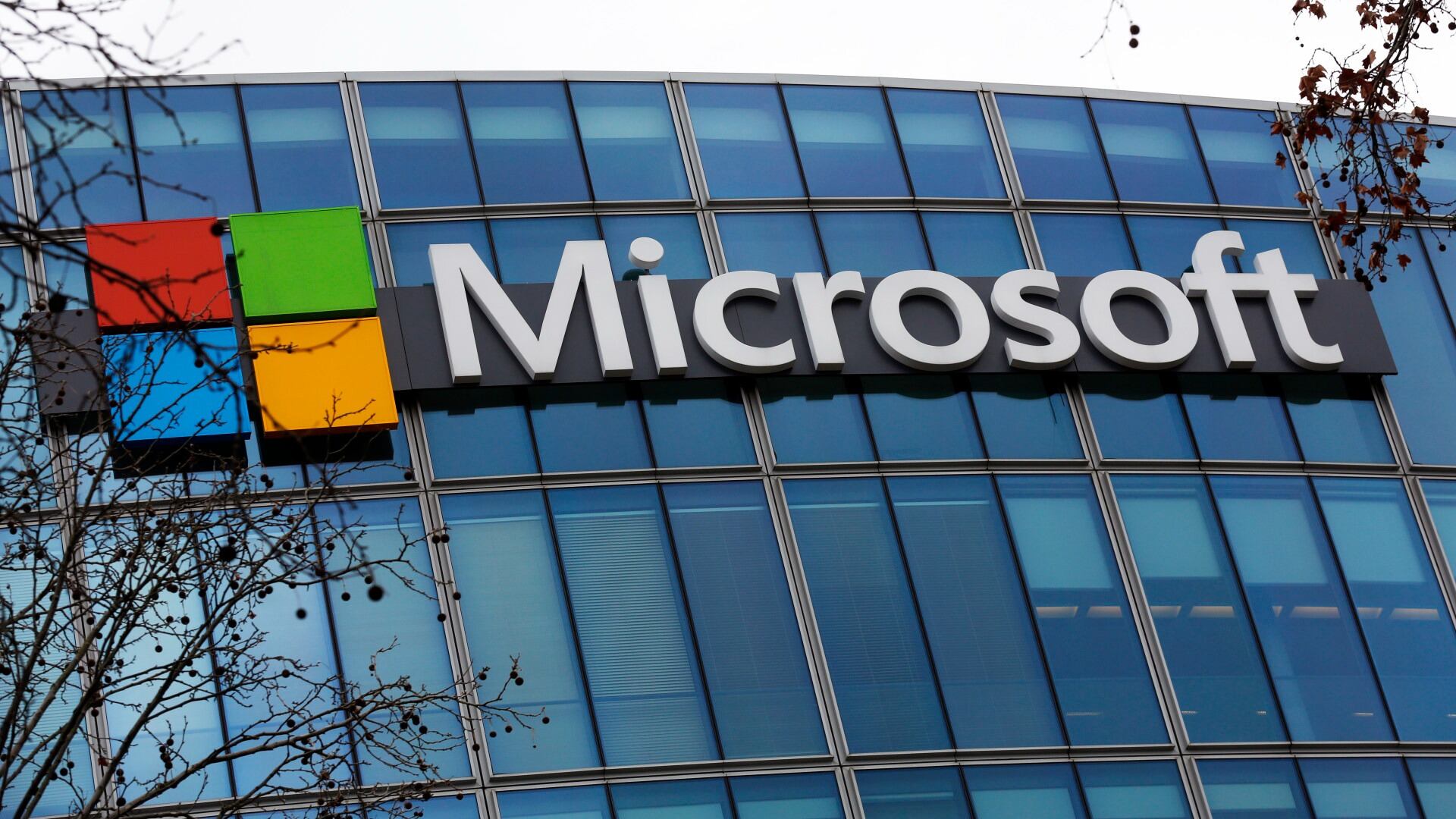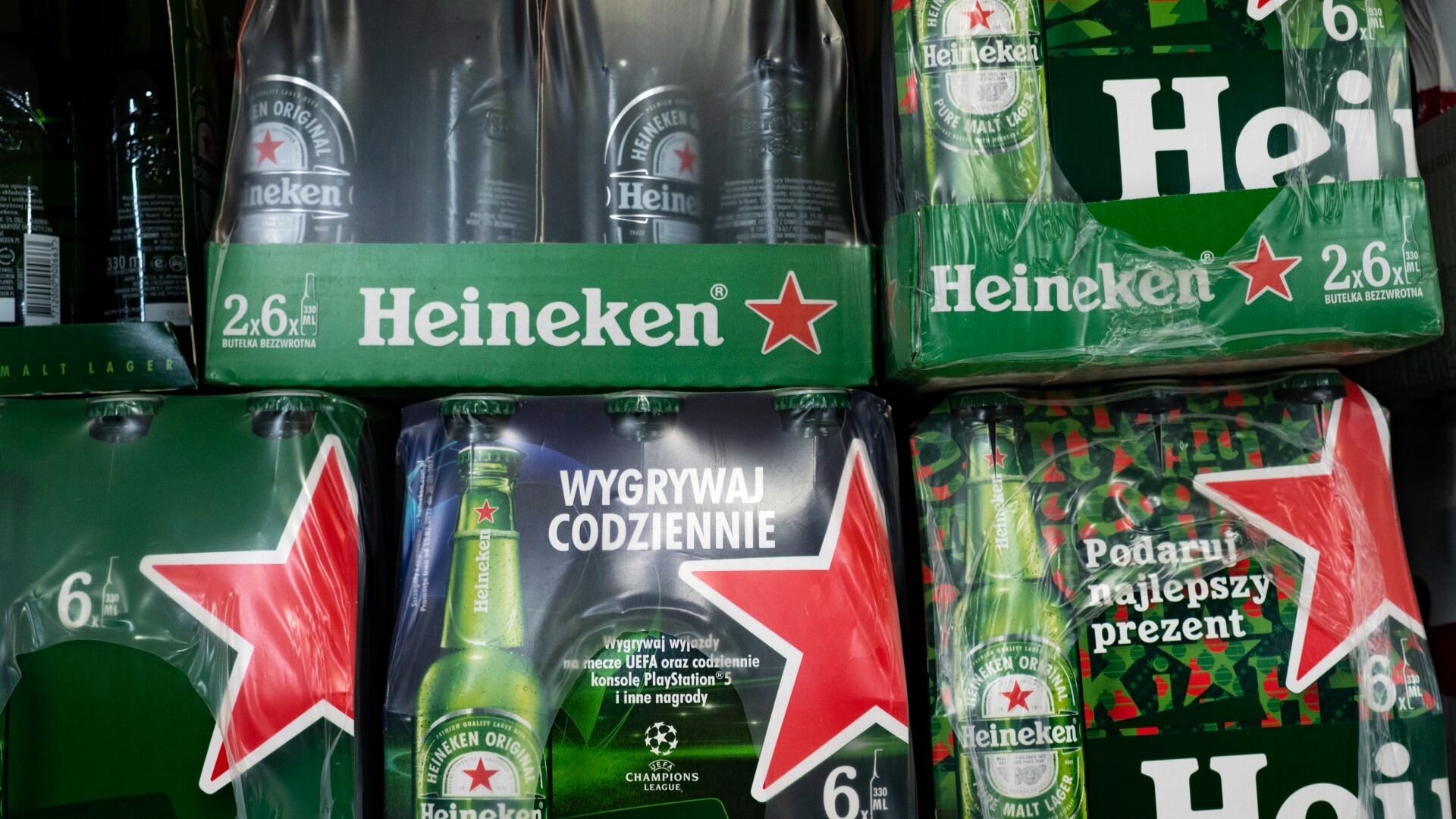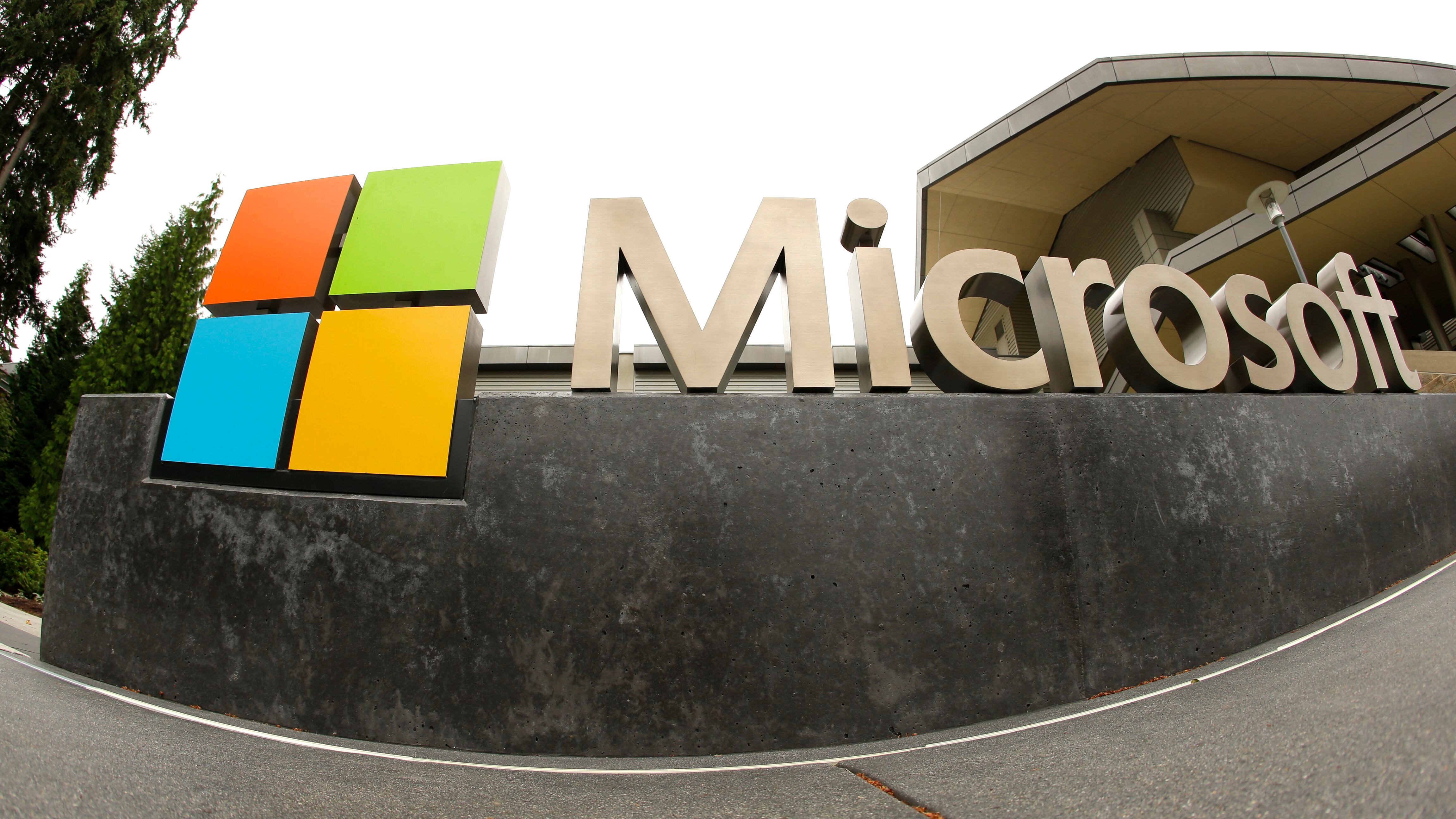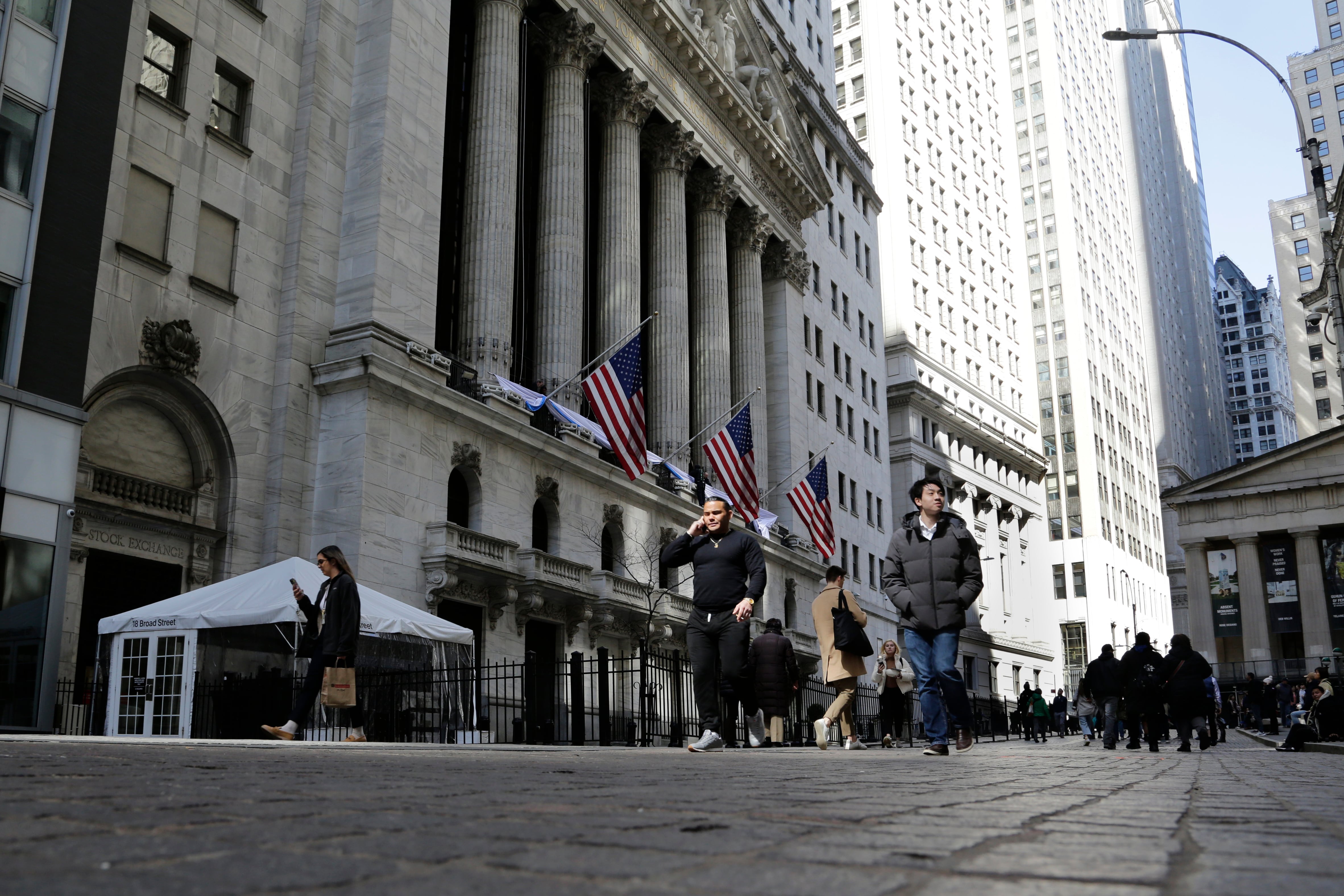From Wall Street to Silicon Valley, these are the top stories that moved markets and had investors, business leaders, and entrepreneurs talking this week on Cheddar.
THE JOBS ARE BACK
The U.S. labor market came roaring back to life in July, with 943,000 new payrolls added for the month. May and June’s numbers were revised sharply higher as well and the unemployment rate slid to 5.4 percent. The fly in the ointment, as it were, is that the job gains reflected the state of the economy around the middle of last month, before the impact of the delta variant was as apparent as it is now, leading to new mask and vaccine mandates as hospitals in under-vaccinated areas of the country fill back up. Still, the blockbuster jobs report led the Dow and S&P to end the week at record highs on the back of stocks tied to the economic recovery. Energy stocks, banks, and retailers all finished the week on a high note, while tech stocks lagged. The strong jobs number also sent bond yields jumping, perhaps setting the stage for the Fed to start tapering its asset purchases.
TALE OF TWO TRAVEL SECTORS
Travel companies hit hard by the pandemic, like Marriott, Booking.com, Norwegian Cruise Line, and Expedia, were among those to report quarterly earnings in the second busiest week of the season. The results were a bit of a mixed bag. On the one hand, the shockingly robust rebound in domestic and leisure travel lifted revenues at Marriott International to $3.15 billion, more than double the same period a year ago. Booking Holdings reported a nearly 500 percent increase in the number of room-night reservations, the first positive year-over-year growth since before the pandemic. On the other hand, Expedia showed that the road to recovery for the hospitality sector remains bumpy. Expedia’s gross bookings rose nearly eightfold YOY, but the company took a bigger loss than expected on continued softness in international, business, and "big city" travel. Expedia shares slumped on that news, ending the week down more than 8 percent.
RIDEHAIL REBOUND
Two other companies hobbled by the pandemic, Uber and Lyft, reported earnings that reflected a sustained rebound in their core ridehailing businesses. Uber posted better-than-expected topline growth as ridership came back, but it was offset by money spent to woo drivers back to the platform. If you’ve tried to book an Uber recently, you’ve probably been shocked at the price you’re quoted — that’s because all the ridehailing services are suffering from continued driver shortages. Meanwhile, Lyft reached a measure of profitability a quarter earlier than expected. The company reported an adjusted profit of $23.8 million thanks to strong demand and cost cutting initiatives. (For the record, Uber’s core business is profitable by that measure, but its Uber Eats business dings its overall bottom line as it continues to grow). Both Uber and Lyft noted that consumer behavior is being driven by the delta variant, which could hurt guidance going forward.
IT’S ELECTRIC
President Biden is pushing for electric vehicles to make up half of U.S. auto sales by the end of the decade, an accelerated commitment to the eventual phasing out of the internal combustion engine that’s also happening in the world’s two other largest car markets of China and Europe. The White House plans to use a combination of subsidies for automakers, incentives for consumers and industry regulations to hit that goal, which is likely to benefit companies like Tesla, which owns two-thirds of the battery-powered car market in the U.S. Also potential beneficiaries: startups like Rivian, Lucid Motors, and China’s NIO. On the other end of the spectrum is Toyota, which has been slow to transition to batteries as it made an early big bet on hydrogen fuel cell technology that has not yet achieved scale. Toyota won’t start selling a fully electric car in the U.S. until next year even as competitors like Ford, GM, and Volkswagen are in the process of making their transition.
ROBINHOOD VOLATILITY
Robinhood completed its first full week as a public company, and it was a doozy. The online brokerage ended the week up almost 53 percent, making up for a disappointing debut on the Nasdaq. Robinhood started going up at the beginning of the week after star fund manager Cathie Wood disclosed an increased stake in the company. Then shares spiked 50 percent during a mini-meme-stock rally like the ones Robinhood traders helped pull off in stocks like AMC and GameStop earlier this year. Shares then plummeted nearly 30 percent on the news that a slew of its existing shareholders were filing to sell close to 100 million shares, thus dramatically increasing the size of the stock’s float and depressing the share price. Robinhood clarified that sale was part of a pre-existing contractual obligation and wouldn’t start right away, sending the stock back up.












